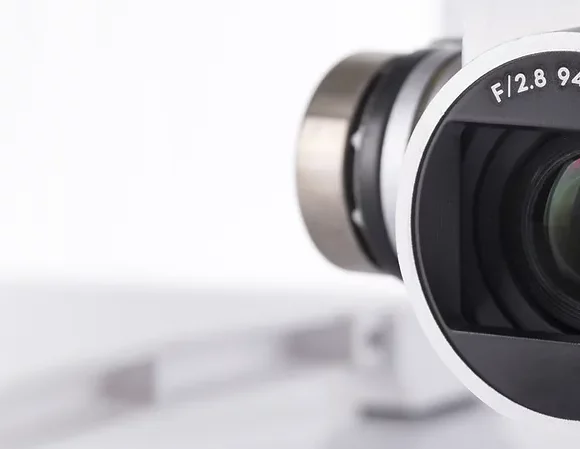As chatbots continue to revolutionise various industries, experts are now focusing on a groundbreaking approach to assess their performance.
As chatbots continue to revolutionise various industries, experts are now focusing on a groundbreaking approach to assess their performance. Evaluating the success of these AI-powered conversational agents has always been a challenging task. But a recent study has shed light on the use of advanced machine learning metrics to tackle this issue.
In a collaborative effort by top-notch researchers from renowned institutions, a comprehensive analysis of evaluation metrics has been conducted, delving deep into the world of machine learning. This study promises to transform the way we perceive chatbot effectiveness and represents a significant step towards creating even smarter and more intuitive chatbot systems.
Traditional evaluation methods, such as accuracy and precision, often fail to capture the intricacies of a chatbot’s capabilities. Recognising this limitation, the researchers curated an extensive dataset covering a wide range of conversational scenarios, reflecting real-world use cases. By leveraging cutting-edge Natural Language Processing (NLP) models, they devised a novel approach that considers multiple factors to create a cohesive evaluation framework.
Response Quality emerged as a crucial metric in this study. By meticulously analysing the grammar, semantics, and relevance of the chatbot’s responses, researchers could gauge its ability to provide accurate and contextually appropriate answers. This metric not only assesses the chatbot’s competency but also aims to enhance the overall user experience.
Beyond mere competence, a successful chatbot must engage users effectively. To measure Engagement Level, sentiment analysis techniques were employed to determine user satisfaction and interaction patterns. This metric helps developers understand how users emotionally connect with the chatbot, leading to more personalised and relatable conversations.
Another critical aspect analysed was the chatbot’s Coverage – its capacity to handle diverse user queries effectively. A higher coverage score implies a more versatile and reliable chatbot that can cater to a broader range of user needs, making it an indispensable metric for assessing practical usability.
To emulate human-like interactions, Personalisation plays a vital role. Researchers explored how well the chatbot adapted its responses to individual users’ preferences and needs. By deploying personalised user scenarios, the study revealed insights into tailoring chatbot responses, contributing to an enhanced user experience.
The study also placed emphasis on Robustness, evaluating how well the chatbot performs under adverse conditions. A truly effective chatbot must comprehend and respond adequately even when faced with noisy, ambiguous inputs or incomplete sentences. By simulating real-world scenarios, researchers gauged the chatbot’s resilience and adaptability.
As latency, or delays, significantly influences user satisfaction, the researchers assessed the Response Time metric. A chatbot’s ability to generate quick and timely responses is vital for maintaining a seamless conversational flow. This metric directly impacts the user’s overall perception of the chatbot’s efficiency.
Considering the societal impact of AI, the study also introduced the Ethical Considerations metric. With concerns about biases and controversial responses, it’s crucial to ensure chatbot behaviour aligns with ethical standards, avoiding harmful stereotypes or misinformation.
The results of the study emphasise that a single metric evaluation is inadequate for gauging overall chatbot success. Instead, a comprehensive combination of these metrics paints a more accurate picture of a chatbot’s capabilities, encouraging developers to create more efficient, user-friendly, and ethical chatbots.
As the adoption of chatbots continues to soar across industries, this breakthrough study has profound implications for customer service, healthcare, education, and beyond.
By leveraging advanced machine learning metrics, businesses and researchers can unlock the full potential of chatbots, elevating human-computer interactions to unprecedented levels of sophistication and efficiency.
In conclusion, this study marks a significant milestone in the evolution of chatbot evaluation. By embracing these advanced metrics, developers can revolutionise the chatbot landscape, ensuring a brighter and more intuitive future for AI-powered conversational agents.









